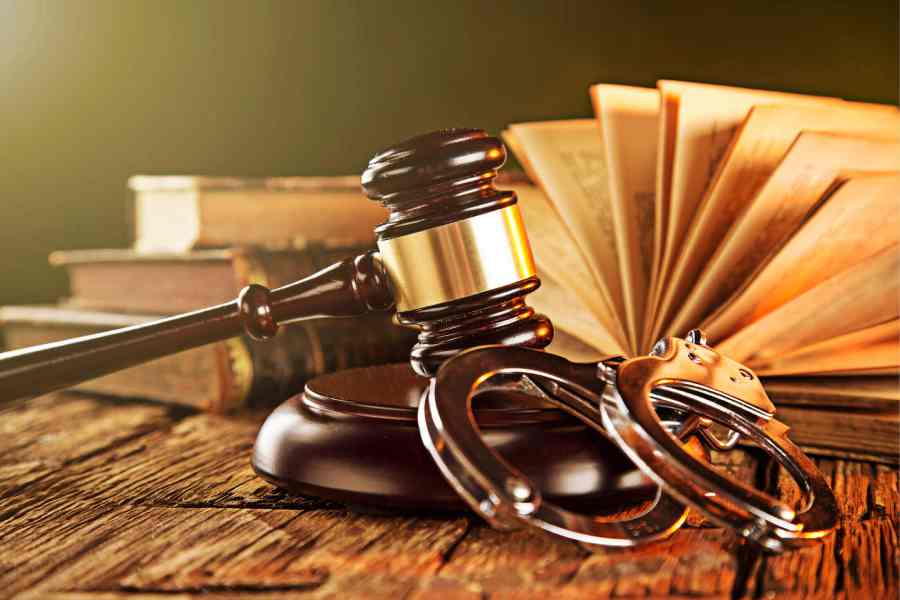Civil liberties activist and Supreme Court lawyer Indira Jaising has urged "consensus-building" among all stakeholders before the Centre implements the three new criminal laws from July 1, as notified.
She has cited concerns "in people's minds" about the "constitutionality" of some provisions of the Bharatiya Nagarik Suraksha Sanhita (BNSS), Bharatiya Nyaya Sanhita (BNS), and the Bharatiya Sakshya Adhiniyam (BSA), which are to replace the Code of Criminal Procedure, Indian Penal Code, and the Indian Evidence Act.
"There seems to be no judicial audit conducted of the three new laws on the already overburdened judiciary," Jaising, a former additional solicitor-general, said in a letter to Union law minister Arjun Meghwal.
Copies of the letter have been marked to Chief Justice of India D.Y. Chandrachud, other Supreme Court judges and Union home minister Amit Shah.
Jaising argued that the civil liberties of citizens such as the freedom of speech, right to assembly, right to associate, and the right to demonstrate can be criminalised under these three codes.
She added that while substantive criminal law cannot apply retrospectively, procedural laws like the BNSS and BSA (which are to replace the CrPC and the Evidence Act) may apply to a pending case depending on whether or not prejudice will be caused to the accused.
“In effect, we will be having two parallel criminal justice systems for the foreseeable future, which can range from 20-30 years,” Jaising wrote.
“In every single pending case, the question will arise ‘which law will apply in a particular case?’. This is quite apart from the question of challenge to the constitutionality of several provisions of the three new criminal laws, which is looming large in people’s minds,” Jaising added.
“I am, however, making no comments on this aspect because these are questions for the judiciary to decide.”
Jaising continued: “I am not aware if the Government of India has conducted any study on the impact of new criminal laws on the backlog of cases. If there is any, the same is not available in the public domain. It is requested that the same may kindly be made available to me.
“Also, no efforts have been made to the best of my knowledge to upgrade the infrastructure of the existing judicial system or to sufficiently train the courts including the Magistrate Court, Sessions Court, High Court, and the Supreme Court of India on how to deal with the vexed constitutional issue of retrospective application of the new laws and speedy access to justice.”
She concluded by saying: “It is under these circumstances that I write to you with an earnest request to delay the implementation of the aforesaid criminal laws until all stakeholders including the judiciary at all levels, the investigative agencies, the state government, the Union government, and the citizenry of this county have an opportunity to debate and discuss the implementation of these laws and its implications on access to justice.
“We, the people of India, have confidence that you will understand our concerns and address them promptly so that the Damocles sword hanging on us does not fall on the nation on July 1, 2024.”











